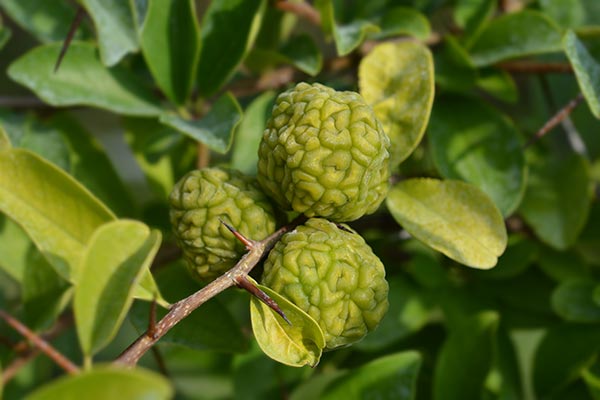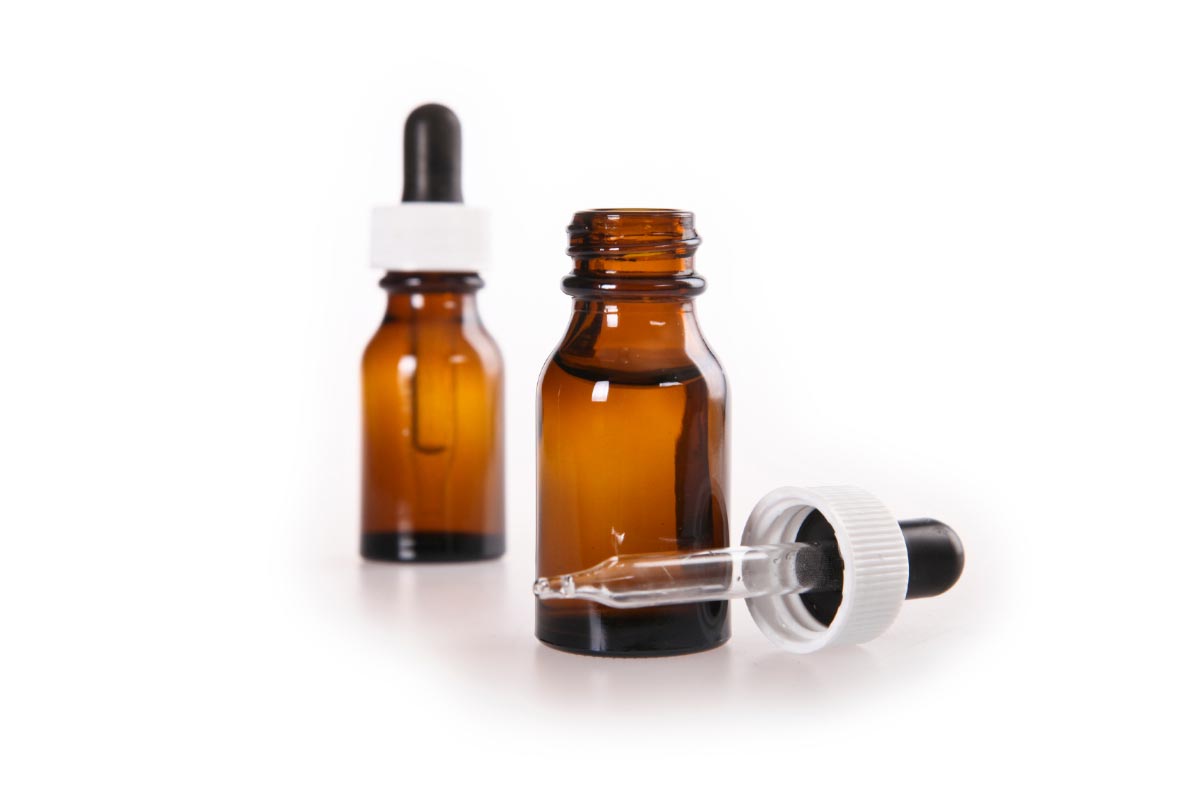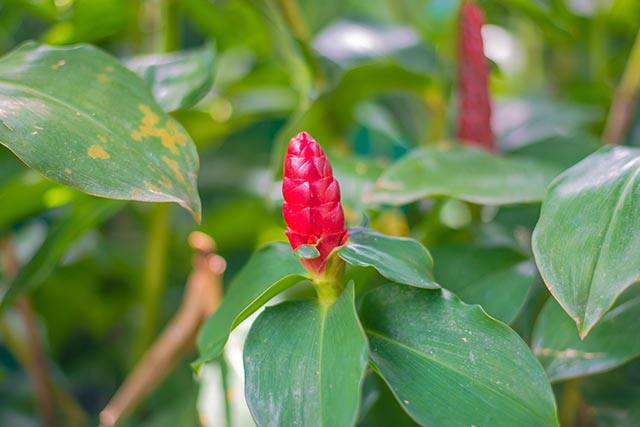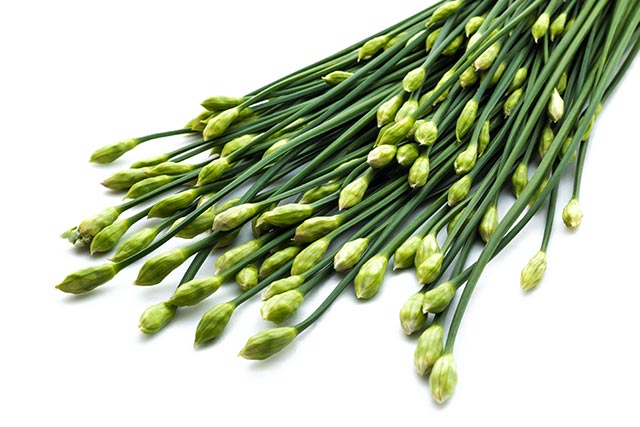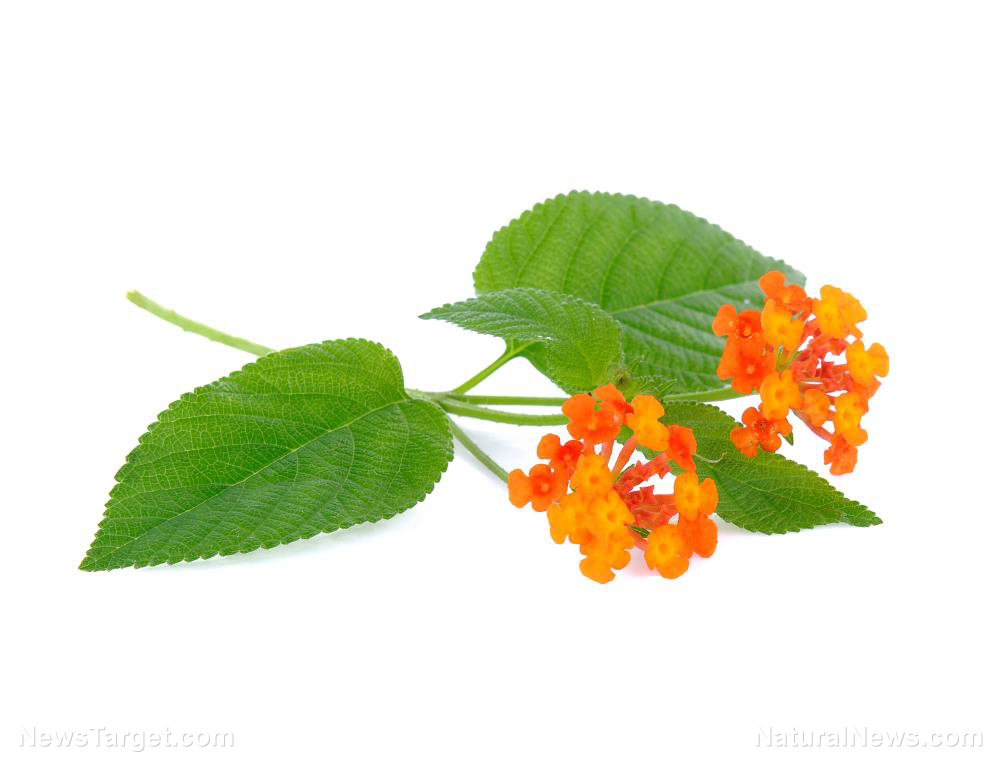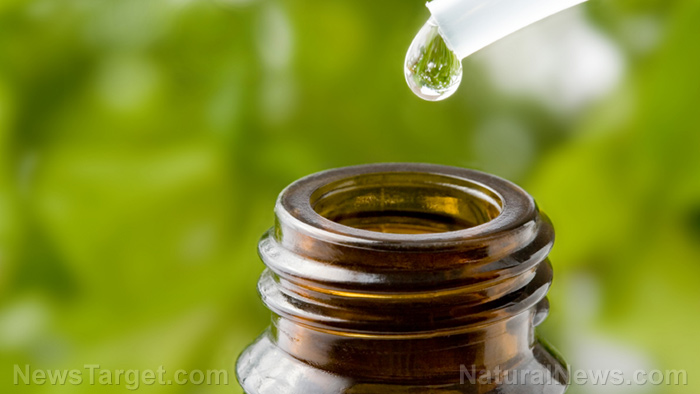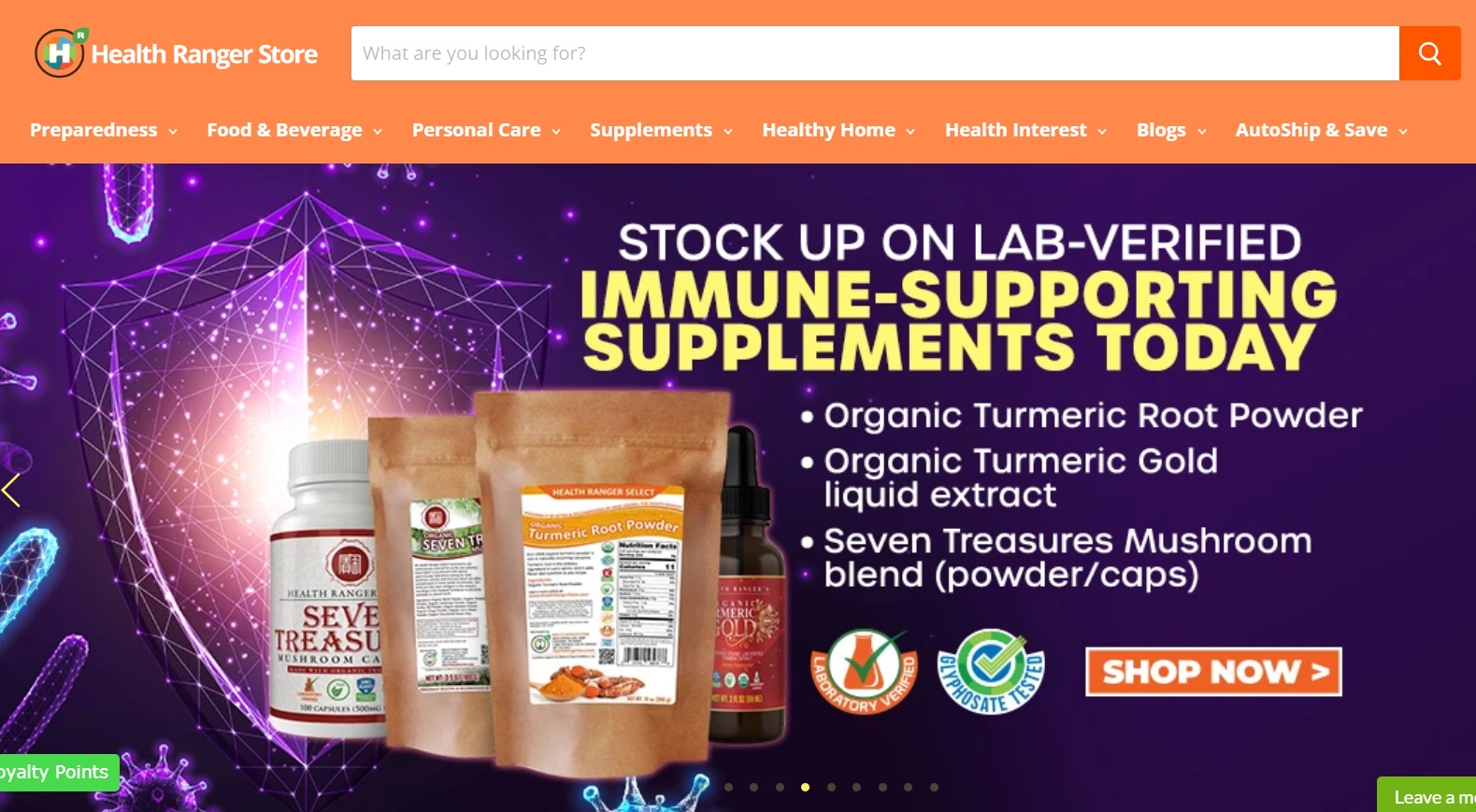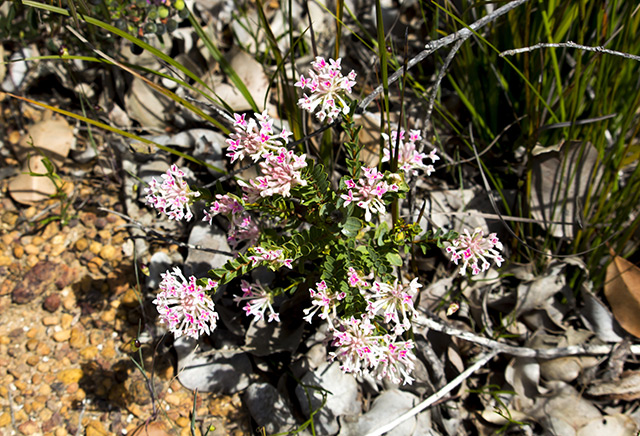Milk thistle is a powerful herbal remedy that offers significant protection against liver disease
12/20/2018 / By Zoey Sky

In 2005, the Department of Health and Human Services and the Centers for Disease Control and Prevention (CDC) released a report that tested more than 2,500 Americans for 148 industrial chemicals. The results revealed that significant amounts of these chemicals were in the blood of each individual screened. Thankfully, milk thistle (Silybum marianum), an herbal remedy often used to treat liver disease, can help address this alarming concern.
What are the main functions of the liver?
The liver is the body’s most crucial detoxifying organ. Its functions include:
- Regulating blood sugar and hormones
- Storing nutrients
- Producing bile, cholesterol, and red blood cell components
- Isolating and neutralizing toxins – This is the liver’s most crucial function. The toxins are then transported for elimination through the bowels.
If your liver is unable to effectively neutralize and dispose of toxins, the substances may accumulate in the liver and in body fat. Toxins can also circulate in the bloodstream, and they can reach your bones, lymph, or brain.
Additionally, the liver aids the detoxification process by promoting the production of glutathione, your body’s “master” antioxidant. Each living cell in your body has glutathione, but your liver contains more of the disease-fighting antioxidant compared to other organs or tissue in the body.
But since the body’s stores of glutathione are limited, once glutathione in your liver is overwhelmed, which can happen if you overdose on a toxic substance like acetaminophen, you can suffer from liver failure. The overdose of a toxic substance can also result in death.
Acetaminophen is a pain-reliever drug used to treat various conditions like arthritis, backache, colds, fevers, headache, muscle aches, and toothaches. In the U.S., acetaminophen overdose is the number one cause of liver failure.
Milk thistle can also be used to treat drug- and alcohol-related liver disease, viral hepatitis, and nonalcoholic fatty liver disease (NAFLD). In the U.S., NAFLD is reaching epidemic proportions. The disease currently affects 80 million Americans, and it is the most common liver condition in children.
How can milk thistle prevent liver disease?
Milk thistle’s active constituent, silymarin, is a powerful antioxidant and anti-inflammatory. This antioxidant can prevent liver scarring, promote liver cell regeneration, strengthen liver cell walls, and trigger detoxification pathways. Because of these properties, silymarin can be used to prevent liver disease.
Data from a large observational study, where researchers observed 2,637 patients with chronic liver disease, showed that silymarin can significantly lower AST and ALT liver enzymes. This is important since elevated liver enzymes are markers of liver dysfunction.
In a 2001 systematic review published in the journal Drugs, researchers reported that silymarin can scavenge free radicals while inhibiting the pro-inflammatory 5-LOX pathway. These findings are promising because silymarin only had rare side effects, making it a natural remedy for related diseases.
While most people rely on various drugs to address illnesses, more than 900 prescription and over-the-counter drugs are linked to liver damage. The Environmental Protection Agency (EPA) also reported that the average American has over 700 industrial chemicals in their body.
Based on the results of various studies, researchers posit that milk thistle can be used to treat conditions linked to liver damage and exposure to toxins. Studies have also confirmed that silymarin prevents the binding of toxins to cell membrane receptors, meaning milk thistle can fight various carcinogens and biological toxins.
Data from a review published in the journal Phytotherapy Research showed that both silymarin and silibinin (a type of silymarin) can protect against:
- Carbon tetrachloride and other solvents
- Ethanol (the type of alcohol in beer, liquor, and wine)
- Heavy metals
- Medications
- Pesticides
- Poisonous mushrooms
- Radiation
In a separate animal study, which was published in 2009 in the International Journal of Biological Sciences, researchers discovered that combining garlic extract and silymarin can help reverse the harmful effects of NDEA, an environmental carcinogen. The researchers shared that garlic and milk thistle acted synergistically to substantially reduce liver toxicity. The ingredients both lowered elevated liver enzymes, replenished glutathione, and increased levels of superoxide dismutase (a natural antioxidant).
Silymarin and liver-related mortality in patients with alcoholic liver damage
Silymarin can also address damage due to excess calories and carbohydrates. Milk thistle can stop fat from lodging in the liver, and some studies have confirmed that milk thistle extracts can be used as an affordable and non-toxic adjunct treatment for NAFLD.
The condition is identified by the presence of excess fat in the liver of individuals who don’t have a history of alcohol abuse. NAFLD can develop into nonalcoholic steatohepatitis (NASH), which can result in liver cancer, liver failure, and death. (Related: Milk thistle is not only good for your liver – it can protect you from the toxic effects of chemotherapy, too.)
Natural health experts suggest the use of a formulation standardized to 70 to 80 percent silymarin. For short-term liver detoxification, natural healers recommend taking 150 mg of milk thistle extract one to three times a day. For ongoing liver support, take dosages of 50 to 150 mg one to three times a day.
However, you must consult an integrative physician before you start supplementing with milk thistle. Take note that if you’re allergic to any member of the aster family, e.g., chrysanthemums, marigolds, or ragweed, you can’t use milk thistle.
Even the most cautious person is exposed to environmental toxins daily, so take natural milk thistle supplements to protect your liver and your overall health.
For more information about the other health benefits of milk thistle and similar natural remedies for liver disease, visit NaturalCures.news.
Sources include:
Tagged Under: Acetaminophen, alternative medicine, detoxification, environmental toxins, Glutathione, healing, Herbs, liver disease, liver health, NAFLD, natural cures, natural health, prevention, remedies, silymarin, toxins
RECENT NEWS & ARTICLES
Herbs.News is a fact-based public education website published by Herbs News Features, LLC.
All content copyright © 2018 by Herbs News Features, LLC.
Contact Us with Tips or Corrections
All trademarks, registered trademarks and servicemarks mentioned on this site are the property of their respective owners.


